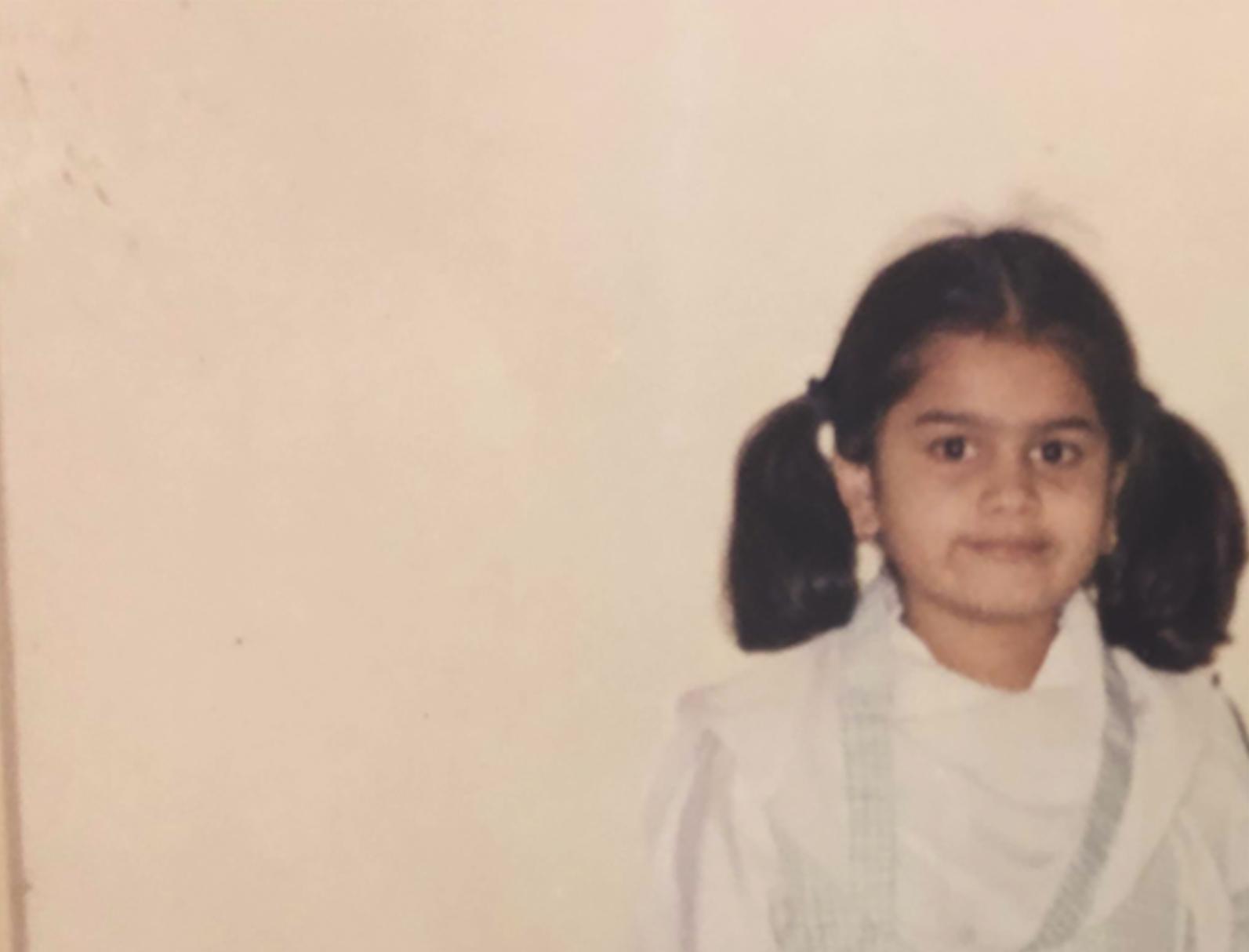By Jenny Cordle
On February 5th of last year, one day before the International Day of Zero Tolerance for Female Genital Mutilation/Cutting (FGM/C), Zahra Khozema, 24, shared her deeply personal story of having been cut as a member of the Dawoodi Bohra sect in Pakistan.
“Being part of the Bohra community is feeling like a part of something,” Khozema said. “Though we are scattered around the world, we’re tightly knit. You can find a Bohra person in a crowd because of the colorful ridas women wear. And I promise you even if you don’t know them, they will approach you. I could be stranded in any city, and if I saw a Bohra person (from their clothing) I would sigh in relief because I know they’d let me in their home, or help me in any way they could. We’re a big family and we refer to everyone as brother and sister.”
Despite being considered a progressive community, many members of the Dawoodi Bohra sect of Shia Islam still prioritize female genital cutting, or khatna, for girls as young as 7 years old. The Dawoodi Bohra population comprises up to one million people in countries such as India, Pakistan, Yemen, Kenya, Egypt, Tanzania and South Africa. Diaspora communities also live in Europe, Australia and the United States.
“I hate that even though our community does so much good work, it’s small and not mainstream, and we’re only going to be remembered for this practice by people who don’t know Bohras in real life,” she said.
Khozema, who currently resides in London, said this in reference to the 2018 U.S. case of a Michigan doctor, Jumana Nagarwala, who was initially charged with performing FGM/C on at least nine girls with the alleged help of Dr. Fakhruddin Attar, his wife, Farida Attar, and five other residents of Michigan and Minnesota. Judge Bernard Friedman dropped the FGM/C charges, declaring the 1996 federal ban on FGM/C as unconstitutional, in what pro-khatna people may have considered a victory. But on January 5th of this year, the H.R. 6100-STOP FGM Act was signed into law criminalizing FGC in the U.S., stating that religious or cultural beliefs may not be used in defense of the practice.
It was in reading about the 2018 case that Khozema realized that what happened to her was a source of buried trauma.
“I will never stand by the practice, but I’m glad the case was an awakening for many Bohras like me to really think about the way we treat girls and women and why — because so many men didn’t even know about it,” she said. “A couple of my Bohra guy friends told me they stopped coming to the mosque after they read this story because they only found out about it then. These are men in their mid-twenties. That alone says a lot.”
Because of the secrecy surrounding the practice, Khozema was hesitant to share her experience with anyone. Her younger sister discouraged her from writing it altogether. But Khozema felt an urge to share it, despite potential repercussions. Many outspoken FGM/C activists face significant backlash within the Bohra community. This backlash can entail being ostracized, shamed, or having internet trolls harass those that speak out, claiming that speaking out is a “defamation of the faith, its leader and those who practice” khatna. Her piece was one of the top 50 stories of the year for Broadview Magazine in 2020. As she suspected, many women sought her out to share their stories of having been cut.
“I wasn’t that surprised because 90% of the women I know have been through it,” Khozema said. “I was surprised that they just responded to my story positively. Non-Bohra friends assured me that this happens a lot in their own countries like India and Egypt.”
“A lot of people called me brave and strong for putting such a personal topic out there, but I honestly didn’t think it was,” she said. “I felt quite small and vulnerable, and even petty for not sharing it with the people who needed to see it the most — Bohra people my parents’ age.”
Khozema does not encourage women to share their stories if they are not ready. Instead, she encourages women and men to open up dialogue about khatna within their communities.
“I would encourage Bohra men and women to talk to their parents, and most importantly, new moms of girls,” she explained. “Ask them if khatna is something they’re considering and really ask why. ‘Do you really know why you’d do it to your daughter or are you just following blind tradition? Are you really willing to take your child to someone with scissors in a dark basement?’”
She said writing and sharing the piece did help her to heal in a sense.
“I spoke to so many people who assured me it was okay to write this,” Khozema said. “I also learned to face that some people will always be okay with it, and to know when to stop fighting with people who have made up their minds.”
After having written and shared the piece publicly, Khozema is in a better place and feels “lighter.” But psychologically and physically, the harm remains. “Intimacy, unfortunately, will always be difficult for me,” she said. “The shame I feel about not fully having control of my body will always be there.”

